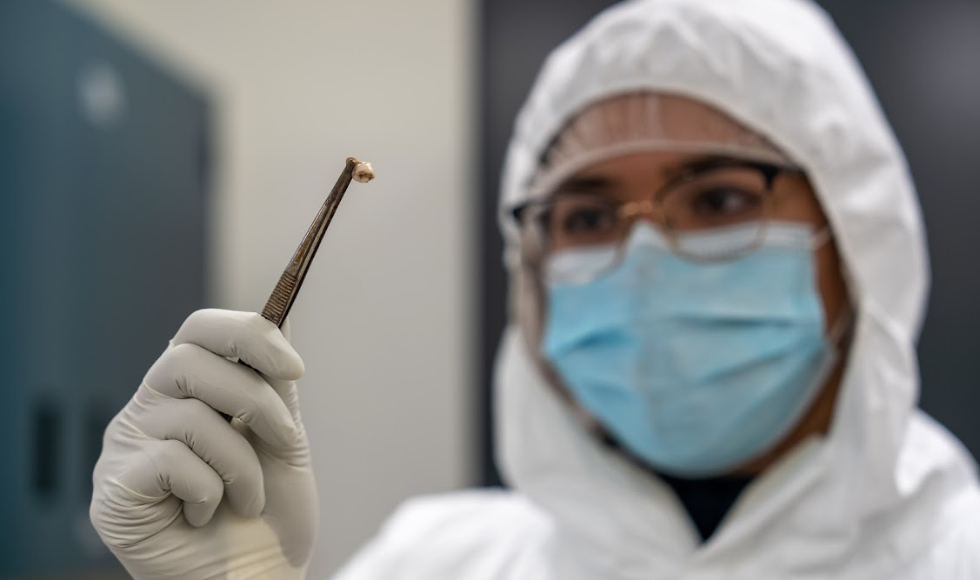Study links higher expression of the gene PROX1 to aggressive change in prostate tumor cells; FDA-approved class of drugs can disable PROX1 Researchers at the University of Michigan Rogel Cancer Center identified…




Study links higher expression of the gene PROX1 to aggressive change in prostate tumor cells; FDA-approved class of drugs can disable PROX1 Researchers at the University of Michigan Rogel Cancer Center identified…


Infections by antimicrobial resistant (AMR) pathogens are a leading cause of death worldwide, with more than 1 million deaths annually, highlighting the need for new treatments. Researchers have synthesized a new compound called…
A new county-level dataset from Johns Hopkins University researchers reveals a national decline in the measles-mumps-rubella (MMR) vaccination rate among U.S. children since the start of the COVID-19 pandemic. Out of 2,066…


Marijuana use among older adults in the US has reached a new high, with 7 percent of adults aged 65 and over who report using it in the past month, according to…


Arriving home after a long day may be a relief, but for some people, seeing their front door or inserting a key into the lock triggers a powerful urge to pee. Known…


Nearly every human culture uses clapping to cheer, protest, pray or perform – but a new study reveals that the familiar gesture is as much a scientific event as it is a…


Scientists have documented the way a single gene in the bacterium that causes bubonic plague, Yersinia pestis, allowed it to survive hundreds of years by adjusting its virulence and the length of time…


We don’t always understand our emotions, but we couldn’t lead normal lives without them. They steer us through life, guiding the decisions we make and the actions we take. But if they’re…


In a Perspective, Mark Hanson and Peter Gluckman explore how maternal stress, caregiving quality, and early environmental conditions can shape the development of executive functions and emotional regulation in children, and how…